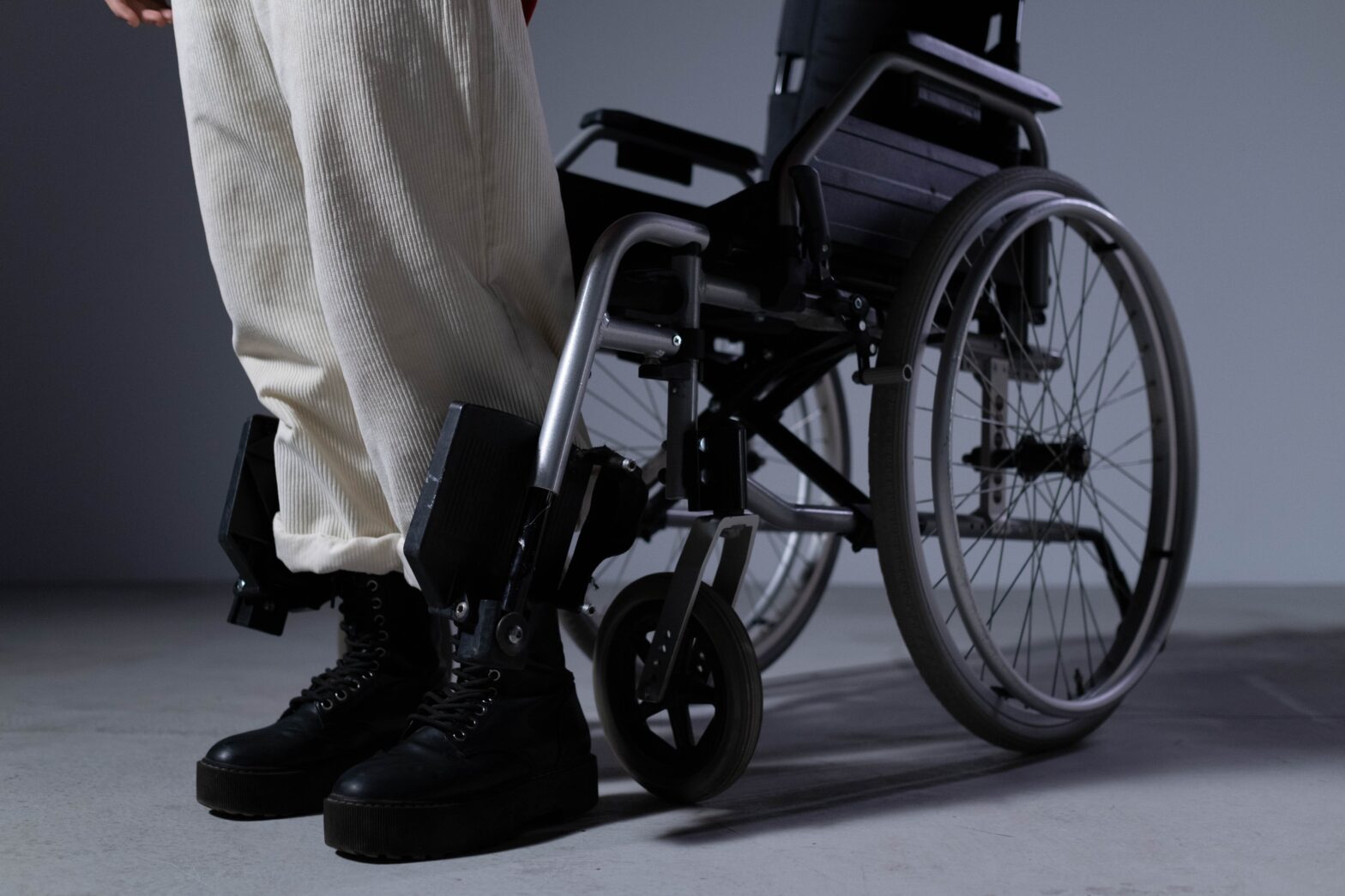A Supreme Court case is holding travel and tourism brands accountable for not properly displaying accommodations for disabled travelers.
According to the Americans with Disabilities Act, hotels are required to have booking systems that are accessible to disabled travelers. When tester, Deborah Laufer, realized Achelson Hotels didn’t disclose disabled accommodations on their website, she sued the brand in 2020. Now, the Supreme Court is shining a spotlight on accommodations for American travelers with disabilities.
“Once I needed a wheelchair to move around, I became extremely frustrated at how difficult it was to reserve an accessible room at a hotel when I would travel,” Laufer, who has multiple sclerosis, told USA Today. “I sometimes ended up sleeping in my car because I could not get an accessible room at a hotel.”
According to USA Today, Acheson Hotels v. Laufer is set to begin oral arguments in October 2023. The Supreme Court will decide if “testers” can legally sue hotel booking sites for lacking accommodation information despite them having no real intention of staying at the property.
For example, Laufer did realize the lack of information on Achelson’s website. However, she did not have actual plans to travel to that hotel in the future. However, the NAACP Legal Defense & Education Fund and the American Civil Liberties Union say testers help to enforce the Americans with Disabilities Act.
Black American travelers are speaking up about the Supreme Court case. Despite the Biden Administration’s claims that Laufer’s case lacks “standing,” some believe it’s time the travel industry was held accountable for the lack of accommodations for disabled travelers.
“We Receive The Bare Minimum”
Atlanta-based therapist Derrick Sykes, 41, says there are many issues in the travel industry when it comes to disabled travelers. An avid traveler, Sykes was diagnosed with cerebral palsy following complications at birth. He has had to use a wheelchair his entire life. Sykes said he wishes airlines and travel brands had mandatory training on how to accommodate disabled travelers.
Sykes has run into many disappointing encounters while traveling. His wheelchair was once broken by airline staff. He’s had to cancel Uber rides because drivers were unwilling to lift his chair, and struggled getting into hotel beds. He said most travel brands are looking at the surface level of accommodating disabled travelers.
“Society is looking at the bare minimum of disability,” Sykes said. “So if I put an accommodation out there, or if I put a bar in a room, I’m doing the job. But you have to think about the overall person. Just because you don’t see that person having a disability, like you see with me, that doesn’t mean it doesn’t exist.”
The Supreme Court Will Assess Standing Ground
Daphne Pettis, 49, a non-profit consultant in St. Louis agrees with Sykes that disabled travelers receive the bare minimum. Pettis is oxygen dependent with limited mobility. With her traveling independently most times, she needs assistance when traveling that typically isn’t there.
“People with disabilities are still considered a minority and it’s almost like we’re the forgotten people,” Pettis said.
Both Pettis and Sykes hope to see more accessible accommodations become available for travelers with disabilities. Both also believe Laufer’s case has standing grounds. Had a disabled person been seriously seeking out these accommodations, they would not have been accessible on the hotel’s website. Laufer’s attorneys agree.
“She could be looking for a hotel where she can visit relatives or friends if they choose to stay there; she could be daydreaming about a trip she might take if she wins the lottery,” they told the Supreme Court. “In every scenario, the disabled website user encounters a discriminatory barrier.”





